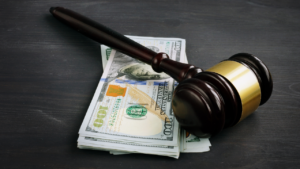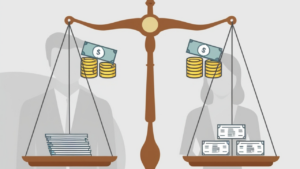Preparing for trial can often be an overwhelming experience. What many clients do not realize is that the Illinois Supreme Court Rules dictate how both parties must prepare for trial. Before a matter can proceed to trial, the parties must each disclose the witnesses they will call to testify on their behalf and the documents they will use as exhibits. This can be done as part of the discovery process. Today we shall focus on what is required when disclosing your witnesses to the other party.
Illinois Supreme Court Rule 213 provides that “upon written interrogatory, a party must furnish the identities and addresses of witnesses who will testify at trial.” This means that, if a party makes a written request to provide a list of the other party’s witnesses, the other party must tender a list of their witnesses prior to trial to the requesting party. Rule 213 also dictates how the witness list is formatted by putting each witness into one of three different categories. The first category is lay witnesses. A lay witness can only testify to their personal opinions or observations and cannot testify to any expert topic. For this type of witness, the witness list must list the witness’ name, address, telephone number, and the topics on which he or she will testify.
The second and third categories deal with expert witnesses. The second category is independent expert witnesses. Independent expert witnesses are experts providing testimony on a specialized topic that has not been retained by the party and is not the party’s employee. In other words, the party calling that witness has no control over the independent expert witness. For this type of witness, in addition to the witness’ name, address, and telephone number, the witness list must identify the subjects on which the witness will testify and the opinions the party expects the witness will testify to. The third category is a controlled expert witness, which is an expert retained or employed by the party calling the witness to testify on his or her behalf. For this type of witness, in addition to name, address, and telephone number, the witness list must disclose the subject matter on which the witness will testify, the expert’s conclusions and his or her basis for those conclusions, the expert’s qualifications or credentials, and the party must tender a copy of any report drafted by the witness prior to trial.
It is very important to follow Supreme Court Rule 213 when preparing your witness list. If the witness list is not prepared according to this Rule, or the witness list is simply not tendered to the requesting party prior to trial, the party may lose the right to call their witness at trial to testify on their behalf.

















